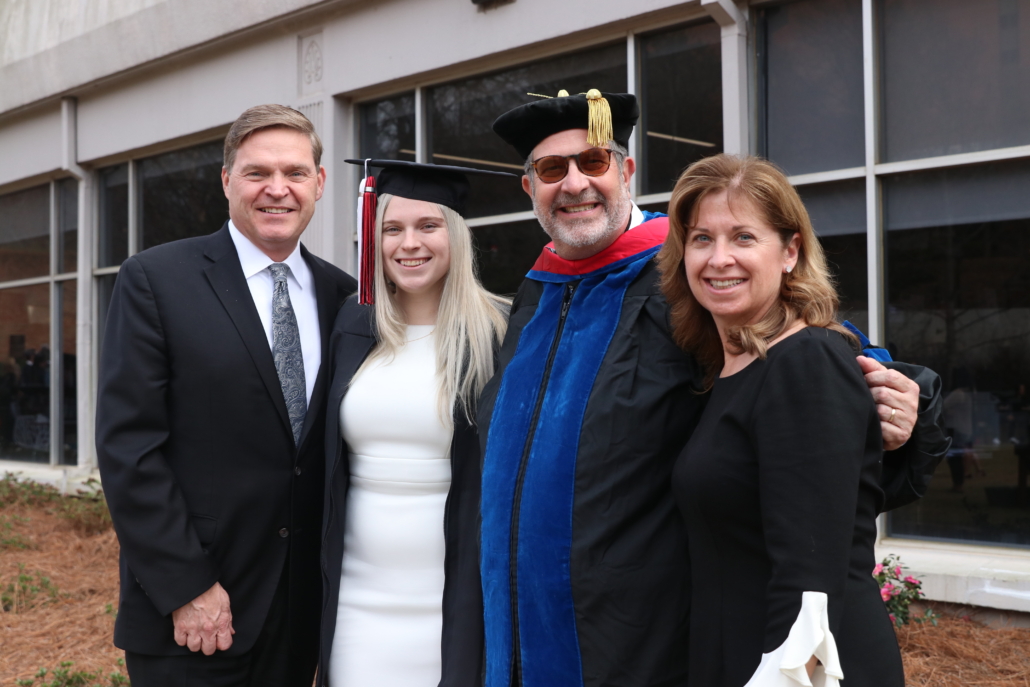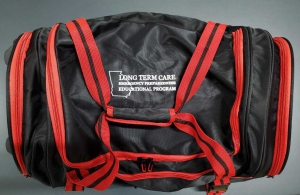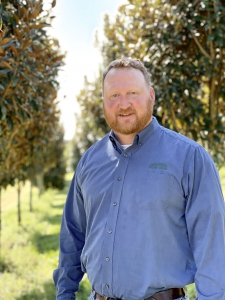UGA breaks fundraising record with over $257M in FY22
University of Georgia alumni and friends gave back to UGA at unprecedented levels over the past fiscal year, breaking the university’s fundraising record with over $257.4 million in donations.
“It has been an exceptional year for our university, and the generous contributions provided by UGA alumni and friends have been a major factor in our success,” said President Jere W. Morehead. “I offer sincere thanks to the UGA Foundation Board of Trustees and each and every donor for helping our students turn their dreams into reality, supporting our faculty to advance their teaching and scholarship, and growing our public service and outreach programs that strengthen communities and expand economic development.”
The record-breaking amount came from 71,302 donors. In five of the last six years, UGA’s yearly fundraising total has been over $200 million, and the university’s three-year rolling average, which averages the three most recent years of giving, reached $212.5 million for FY22.
“The remarkable generosity of UGA donors illustrates the strong and distinctive philanthropic culture throughout the UGA community,” said Neal Quirk, Chair of the UGA Foundation Board of Trustees. “This record-setting year will benefit our students, our campus and our state long into the future, and our Trustees are extremely grateful to all donors who made this happen.”
Collectively, donors created 116 scholarship funds and 18 endowed faculty positions, bringing the university’s total to 340 endowed faculty positions.
Private giving to the university fueled significant progress across all areas of campus, including several marquee and priority projects.
- The Robert W. Woodruff Foundation committed $15 million to the $30 million renovation of the Holmes-Hunter Academic Building, the historic north campus building named for Hamilton Holmes and Charlayne Hunter-Gault, UGA’s first Black students. The project will include an array of improvements that will significantly enhance functionality while also restoring historic features of the building and honoring Holmes and Hunter-Gault.
- Following a transformational gift of over $3.5 million from the estate of M. Louise McBee, UGA paid tribute to the former administrator and state legislator with the naming of the Louise McBee Institute of Higher Education. The gift—the largest in the institute’s nearly 60-year history—will benefit the Louise McBee Distinguished Professorship in Higher Education and the Louise McBee Lecture in Higher Education and create an endowment providing broad support for the institute.
- The $54.1 million Poultry Science Building project is receiving robust support from industry, alumni and other donors. Gifts to the project total over $10 million as of July—significant progress toward the $27 million private funding goal. The state-of-the-art facility, expected to be complete in fall 2023, will train future generations of leaders in one of Georgia’s most important industries.
- The successful Georgia Commitment Scholarship Program continued to attract donors and expand support for students with financial need. In August, the UGA Foundation allocated an additional $1 million in matching funds—a popular component of the program that allows donors to immediately double their impact. These funds were quickly accounted for, and today, the program is responsible for more than 650 scholarships and nearly $100 million in commitments to need-based aid.
Donors also made a significant impact on March 31—Georgia Giving Day—when UGA supporters gave 9,339 gifts to the university in 24 hours, far surpassing the day’s initial goal of 1,785 gifts. Georgia Giving Day gifts totaled $5.3 million, and each of UGA’s 18 schools and colleges received donations. Donors—including over 600 students—originated from 130 Georgia counties, all 50 states and 16 countries.
“This year, more donors gave to the University of Georgia than ever before. All of our metrics indicate that Bulldogs’ commitment to giving back is not just sustained but strengthening,” said Kelly Kerner, UGA vice president for development and alumni relations. “I don’t know if there’s ever been a better time to be a Georgia Bulldog than the last 12 months.”





 What is your favorite part of the planting and growing process of trees?
What is your favorite part of the planting and growing process of trees? 
